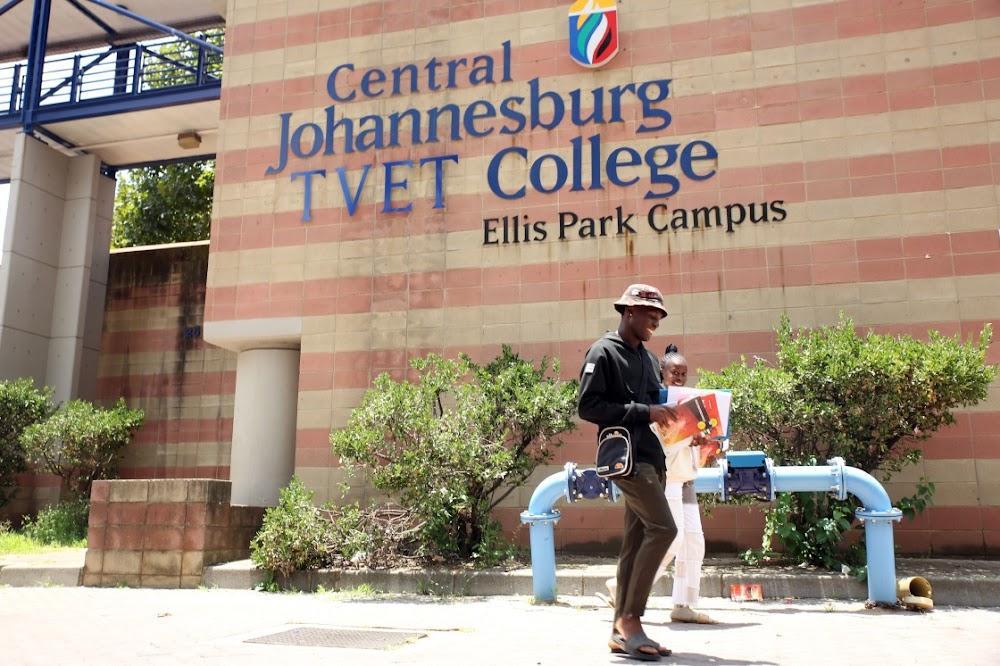Africa-Press – South-Africa. One of the most urgent crises facing South Africa today is the critical shortage of skilled leadership in the most strategic sectors of governance.
Ministries, municipalities and public entities responsible for the delivery of essential services such as infrastructure, energy, water, health and education are hamstrung not only by political challenges but by a profound deficit in technical competence and practical expertise. This leadership gap has a direct and devastating impact on service delivery, eroding public trust and stalling South Africa’s developmental agenda.
At the heart of this crisis lies a systemic failure to cultivate and deploy the necessary skills required to drive effective governance and service delivery. South Africa does not suffer from a lack of talent or ambition among its people; it suffers from a chronic underinvestment in technical and vocational education pathways that produce the competent engineers, artisans, managers, and administrators the public sector desperately requires.
Technical and vocational education and training (TVET) colleges, if properly resourced and reimagined, present one of the most powerful tools for achieving the developmental goals outlined in the National Development Plan and other strategic frameworks.
TVET education focuses on equipping young South Africans with practical, work-ready skills that are vital for both the private and public sectors. Yet for too long, TVET has been sidelined, underfunded and unfairly perceived as a “second-choice” option compared to university education. This must change — urgently.
The government must not only prioritise but aggressively promote technical education as a cornerstone of national development. This requires a shift from rhetorical commitment to practical, concrete action.
First, there must be a significant expansion of technical high schools across the country, particularly in rural and peri-urban areas where opportunities are scarce and youth unemployment is highest. Technical schools must be modernised, equipped with state-of-the-art facilities, and aligned with the needs of the 21st-century economy.
Second, TVET colleges must be restructured to become centres of excellence that are directly connected to the labour market. Curricula must be informed by real-world demands, with strong partnerships between colleges, municipalities, state-owned enterprises and private industry. Every effort must be made to ensure that TVET graduates are not only employable but entrepreneurial, capable of creating new businesses and driving local economic development.
Third, public sector recruitment must be reformed to value and prioritise technical and practical skills. The era of appointing leaders based solely on political allegiance must give way to a meritocratic culture where competence, experience and skills are the primary criteria for leadership in governance. This is not just an ethical imperative but a developmental necessity.
The consequences of ignoring the skills crisis are plain for all to see: crumbling infrastructure, unreliable public services, widening inequality and growing social unrest. No society can prosper when strategic sectors are led by individuals without the capacity to deliver on the complex demands of governance. South Africa cannot afford another decade of underperformance.
We must understand that education is not merely about credentials; it is about capacity-building. A government that is serious about development must be serious about education that is practical, technical and responsive to the needs of society. Investing in TVET and technical schools is not a side project but a strategic national priority.
The truth we must confront is this: the government must urgently move from political rhetoric to practical, radical action. We can no longer postpone the bold steps needed to correct the skills imbalance in our governance structures. If we are serious about building a capable developmental state, we must be serious about TVET and the revival of technical schools across the country.
The revolutionary mission of the ANC has always been about liberation of African people in particular and blacks in general. This liberation is meaningless if our people remain trapped in poverty and unemployment because we fail to skill them, empower them and make governance a machine of progress. It is time for the government to take the bold, radical decisions that history demands. Our commitment to radical socioeconomic transformation must be matched by an equally radical commitment to building technical and practical capacity at every level of the state.
The developmental agenda of South Africa hinges on our ability to build a capable, ethical and skilled state. The time for talk has passed. The times for conferences, summits, and hollow declarations are over. The time for practical actions, decisive action is now. We must build. We must skill. We must deliver.
As Che Guevara said: “The revolution is not an apple that falls when it is ripe. You have to make it fall.” Likewise, a developmental state will not build itself. We must build it, with skilled hands, trained minds, and revolutionary hearts.
Source: TimesLIVE
For More News And Analysis About South-Africa Follow Africa-Press






